This blog was written by work experience student Josh in July 2016.
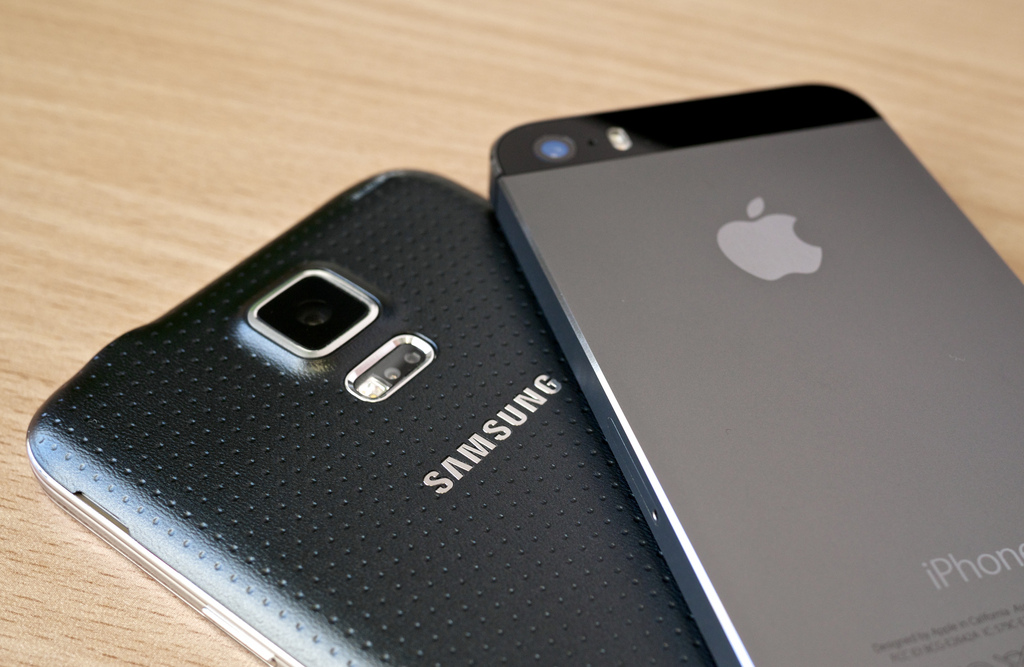
Sometimes, when buying a new smartphone or tablet, choosing which OS you want it to run is equally as important as the device itself, as that decision can make or break your experience with that device in the future. For that reason, it’s critical that you choose the OS that works best for you. To help you decide I’m going to go through a range of factors to try and provide you with the best possible idea of how they stack up against one another.
Design and user interface
When it comes to Design, the respective OSs all have relatively different approaches, each with things to love and hate. In the case of iOS, the fundamentals of design from their first ever iPhone operating system are still in place. Sure there was a slight flattening and refinement of the design in iOS 7, but the design many know and love is still very clear. What does that mean exactly? Well, you get a simple but carefully designed interface that uses minimalism to make everything as easy as possible for the user. However there are some elements of the UI that may irritate some. For example, there is no app drawer (meaning home screen can end up cluttered and saturated with a great deal of apps). There are also pretty harsh limitations in terms of customisation, with changing your background being pretty much the extent of customisation. Of course, these things won’t affect the large majority, and the simplistic nature makes the UI ideal for newer users.
Android however, is a very different story. Since its release in 2008, Android has constantly been refining and changing from a buggy, unreliable platform to a fantastically designed, functional interface. The Android 5 or ‘Lollipop’ update brought the new flat ‘material design’ ethos to Android, which helped to bring Android up to speed with the modern design of iOS. The customisation options on Android are miles ahead of any other platform, as you have the potential to do anything from adding a custom launcher to rooting your phone and adding a custom ROM (not without risk). However, the overall interface is definitely more complex, which is evident in the settings, notification shade etc. This is why I would say Android is definitely better for the more experienced users, but some of the complexity may be overwhelming for newer users. This should be taken as my opinion though-not a rule, as there is nothing wrong with getting an Android as your first phone, or getting an iPhone after several years of using smartphones.
Overall I would say Android wins this one, but it really just comes down to how much you value customisability and freedom over simplicity and ease of use.
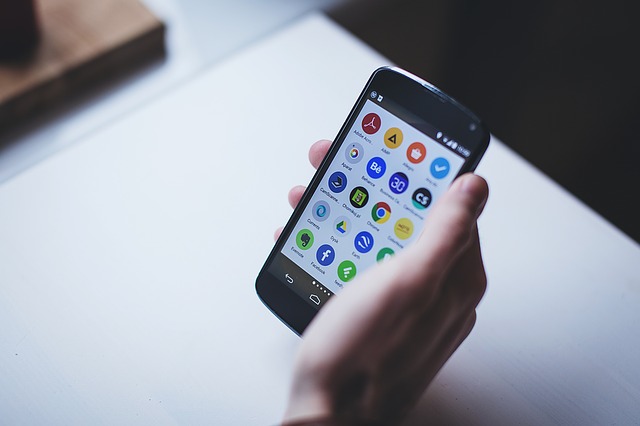
Apple App Store vs Google Play: Battle of the app stores
The significance of the respective user interfaces pales in comparison to the App stores of each operating, as you can have a slick, well designed UI and still fail as a result of poor operating systems -I’m looking at you Amazon (and Windows Phone to some extent).
Both stores have apps, books, music, films and TV series, but there are differences that cause one store to end up superior.
The Apple App Store was launched in 2008 alongside the iPhone 3G with a meagre 500 apps. It quickly grew however, and now has around 2 million applications, and a cumulative download number of around 130 billion. Some impressive statistics for sure, but there is more to the App Store than that. To begin with, the majority off apps on the store are of high quality, due to the strict regulations Apple puts in place. However this creates a challenging task for new developers to enter the app space. Another problem is that Apple force you to use this App store and make it impossible to download apps from alternative sources, however this is more a failing of the OS in general than the App Store itself. It also helps to curb the amount of people downloading malicious software of any kind. Another interesting statistic is that despite achieving significantly less downloads than Google Play overall; the App Store brings in significantly larger revenue for developers. The basic reason for this is that in general, Apple users are generally better off financially, as they are able to afford the lucrative prices of the products. As a result of this users are more likely to be prepared to pay for premium apps.
However, this isn’t to say that all Android devices are cheap (Galaxy S7, for example), but there is a significant number of Android users who are only able to pay for £100-£200 phones. As a result of this, an overwhelming majority of Android apps make their money through advertising within games and IAPs. This provides insight into why there is such a disparity between the revenue of each store, because the money made from advertising isn’t accounted for when calculating that figure (also why I can’t give you a concrete figure). The larger number of free apps may also be why Google Play has been getting so many more downloads recently. Where Android starts to fall behind Apple is the quality of apps, as the rules and regulations around new apps are so much more relaxed. While this makes the lives of developers easier, it means the average user has to sift through more half-baked apps before they find what they’re looking for.
Overall, I think both platforms are pretty close in terms of content, but because the quality of some App store apps is that much better, along with the marginally better design I think iOS just about wins this one.
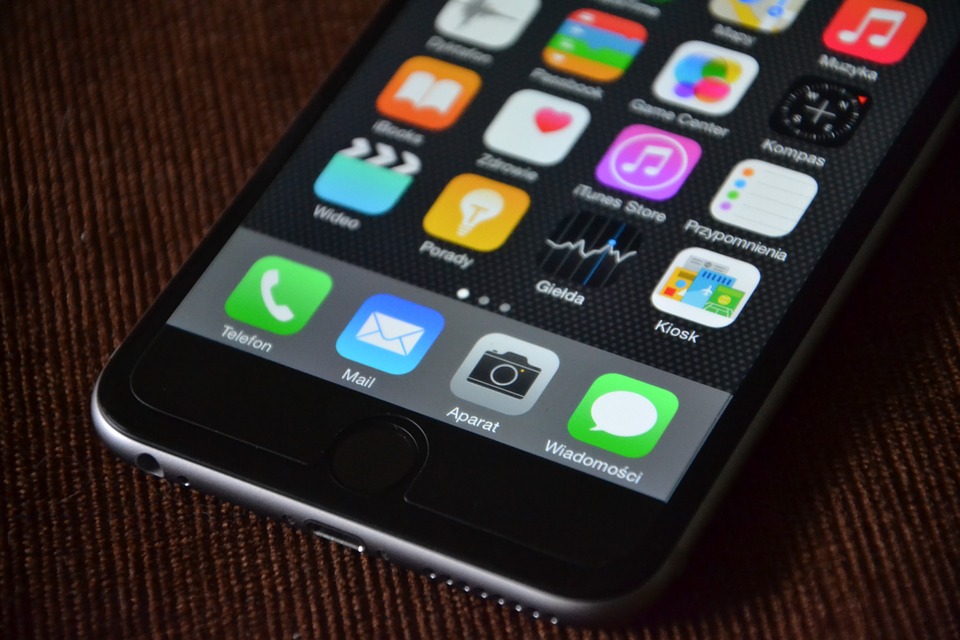
Features and usability
Another important factor to consider when choosing your OS is features, and more importantly features that are useful to you.
One key feature of iOS is the continuity feature, which allows all of your Apple devices to communicate with each other, which translates to real world uses such as starting an email or text on your phone and finishing it on your Mac, as well answering calls on your Mac if you haven’t got your phone to hand. Despite a few bugs this is a well implemented system that can actually benefit users. Android doesn’t really have a similar feature but Google Drive integration does allow you to seamlessly move documents between PC, Chromebook, Smartphone and Tablet.
Another key feature of both OS is their in house messaging services, iOS with iMessage and Android with Google Hangouts. iMessage is more of an exclusive affair, as it can only be used with Apple products, but mostly makes up for this by having an intuitive layout and broad feature set. Google Hangouts is equally as functional and has a decent design that fits in well with the material design ethos, but is allegedly going to drop the SMS integration in a future iteration. This seems like a step backward, but the fact it can be used on a wide range of platforms means you don’t have to worry if you feel like switching OS.
Then we get on to the integration of fitness functionality, where there is little advantage to be had as both platforms incorporate their own fitness systems that link into their respective wearables, both of which provide helpful data such as distance traveled, heart rate monitors, pedometers, calories burnt and so on.
Overall, there aren’t many differences in terms of features; the only thing that really sets iOS apart is the continuity feature, so if that matters to you then go for iOS. If you’re worried about that lack of cross-platform messaging with iMessage then don’t, because you can just download a third party app like WhatsApp or Facebook Messenger, both of which now offer SMS integration.
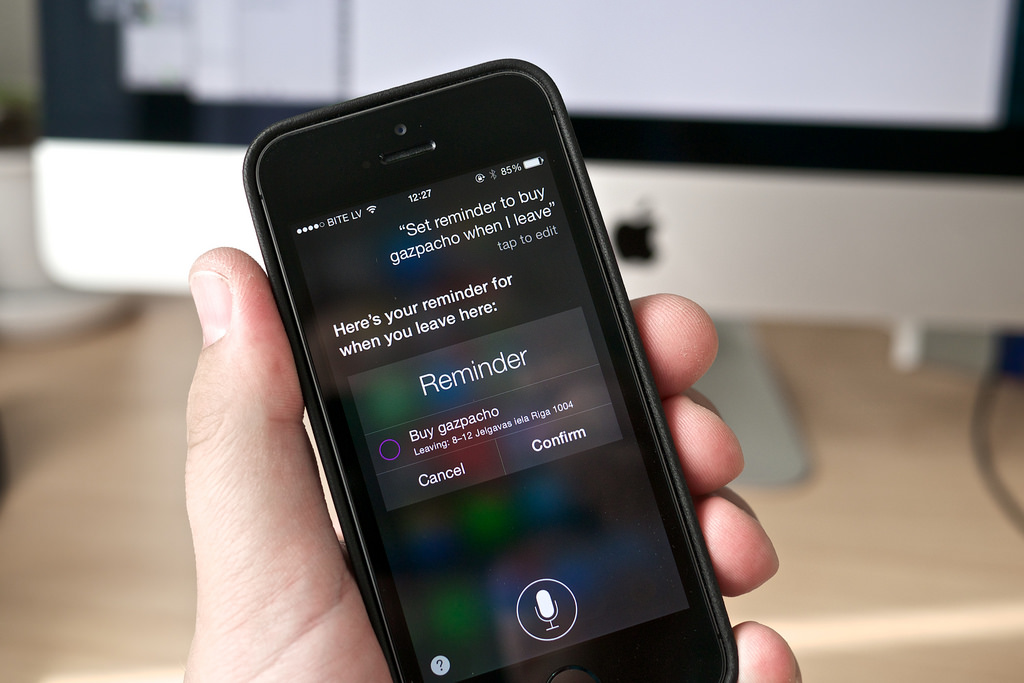
Siri vs Google Now: Battle of the virtual PAs
Advancements in this area have been significant over recent years, and both voice controlled virtual assistants have gone from being gimmicky, temperamental systems to functional cornerstones of their respective OSs.
In my opinion Google now is the more intuitive of the two, as it gives you relevant and bespoke information throughout the day based off of what you’ve pre-selected as topics you’d like to know about. The recent addition of Google Now on tap, which provides you with contextual information based on what’s on your screen. Although it’s still quite temperamental in its early stage, it’s a really useful inclusion that definitely has some great potential. This is comes along with all the basic functionality you’d expect, such as finding the weather for you or setting a reminder for a meeting etc.
Siri on the other hand doesn’t have any feature to match Google Now On Tap, neither does it provide you with information without you having to ask. It does feel a lot more like a personal assistant than Google Now, but doesn’t really go much further than basic voice control.
In this area I think Android wins over iOS’s iconic PA.
Biometric security
Another feature that is starting to become much more relevant on mobile technology is the technology for biometric security. Although this is more hardware related, it’s important that both OSs have the technology to support it. Apple is the market leader in the field, as they introduced the technology for compatible devices back when they brought iOS 7 out. The system is incredibly refined and works close to flawlessly most of the time. Since then Android has incorporated the same technology for compatible devices, the system is close to being on par with iOS, if not equaling it on some Android devices. One thing I’d like to point out is a biometric system Microsoft is in process of implementing, which is Windows Hello. This iris scanning technology is in its developmental stages, and is pretty awkward to use in public, but it’s an interesting technology that I’d like to see both iOS and Android work with in the future.
In terms of fingerprint scanners at least, I think iOS has a slight edge, although the difference has becoming negligible in the case of many Android phones.
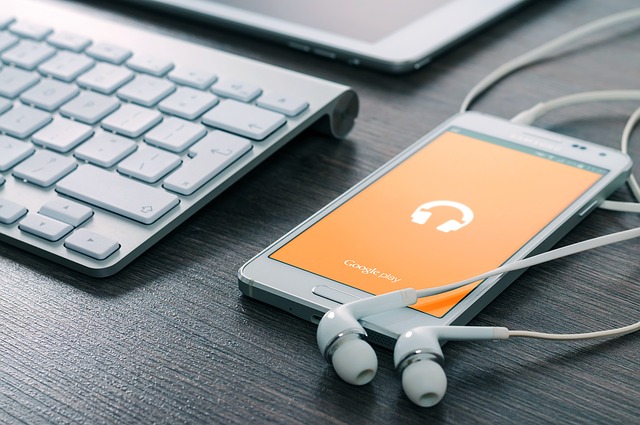
Customisation
I know I briefly touched on this earlier when talking about user interface, but the disparity in customisation is one of the main causes of disparity between these operating systems, so it needs to be discussed further.
Customisation is where Android comes out as the clear winner, as it beats iOS in every way in terms of customisation. This is because Android leaves all options open to the user, meaning it allows you to do anything from adding third party widgets and launchers to change the look of the device to completely rooting the device and effectively adding your own OS(giving you access to all developer options). This is what has caused almost all third party smartphone and tablet manufacturers to use Android, as its nonrestrictive nature has allowed OEMs to add their own skin atop Android to implement any features/ design elements they feel are needed. Examples of this are Samsung’s Touchwiz, HTCs Sense and LG’s Optimus UI. This is not to say that iOS is bad because they don’t offer these options, in fact it actually means they are more appropriate for less experienced users due to the simplified, easy-to-navigate user interface. This simplified nature does however limit your customisation options to changing you home/lock screen background, which many users would find too restrictive.
The point about Android attracting many different OEMs (Original Equipment Manufacturers) does raise a very significant issue with Android, which is fragmentation. This occurs because whenever Google releases a new version of Android, they don’t have to make any changes when installing it on their own devices, meaning they can give devices like the Nexus 4 (released in 2012) their Android 6.0 update. However, other OEMs will have to spend a lot of time and money altering their UI to fit the new version. As a result, they will only normally update newer devices – this means people with devices that are two or more years older will be stuck on an older Android version, causing fragmentation. It’s important to note this doesn’t happen on Apple devices, because they don’t allow any other manufacturers access to iOS.
UI for wearables
Although this may not be important to all buyers, integration with connected devices and wearables is also becoming increasingly important, so I think it’s worth going through the respective offerings. Android was the first to enter the wearable space with its Android Wear UI that has the potential to be used for all wearables. It utilizes the functionality of Google Now to bring you relevant information in addition to showing you your notifications and collecting fitness data. It is optimized for pairing with Android devices, but also has limited compatibility with iOS. The Apple Watch and its UI was surrounded with hype at launch, but was disappointing in reality due to the overly cluttered and sluggish UI. So I think Android Wear just edges it over the Apple Watch UI, although neither is without fault.
Conclusion
I would love to be able to give you a simple answer to which is the better operating system, but because they are both put together really well and incorporate almost all of the modern features you’d expect, it’s really hard to define a clear winner. It really just comes down to how you intend to use your device and how much experience you have of mobile technology. iOS is sleek and refined while maintaining an impressive feature set, while Android is sophisticated, functional and allows users freedom to customise their phone anyway they want.

